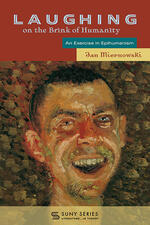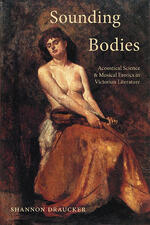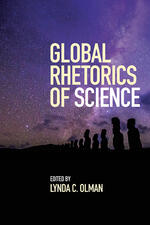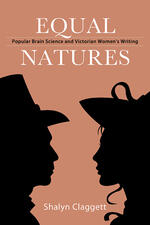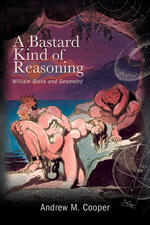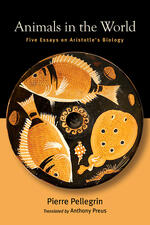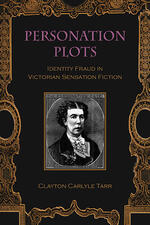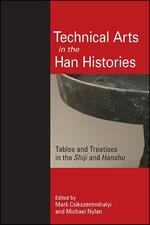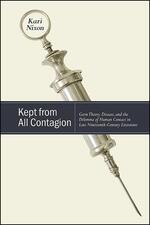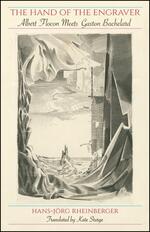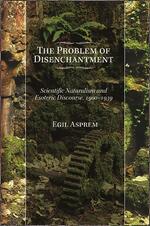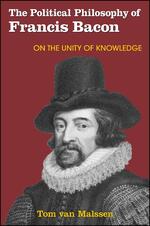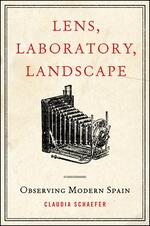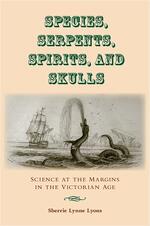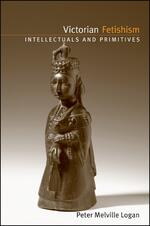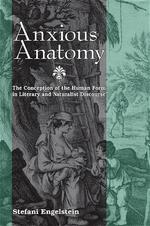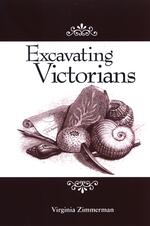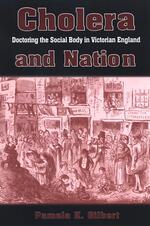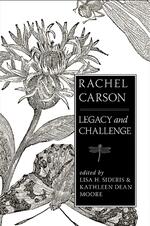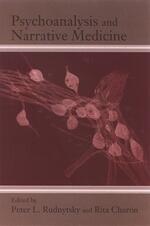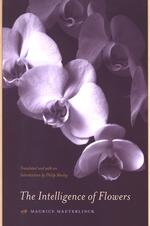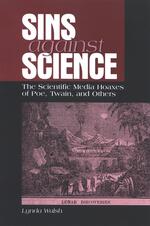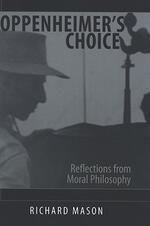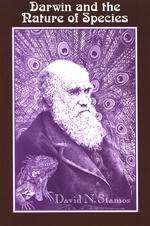History of Science
Celestial Signs and Classical Rhetoric in Early Imperial China
Considers how sign-reading fit into broader understandings of the human and cosmic worlds in Han times.
Laughing on the Brink of Humanity
Stretching from antiquity to AI, a provocative study of the joyless laughter that emerges at the boundary of the human and the inhuman.
Sounding Bodies
Shows how nineteenth-century discoveries in acoustical science shaped Victorian literary representations of gender, sexuality, and intimacy.
Global Rhetorics of Science
Takes a multicultural, interdisciplinary approach to the rhetoric of science to expand our toolkit for the collective management of global risks like climate change and pandemics.
Equal Natures
Explores how Victorian women writers used the popular science of phrenology to challenge socially constructed forms of power.
A Bastard Kind of Reasoning
Ranges widely and deeply across William Blake's oeuvre to show how his post-Newtonian vision of space-time anticipates Einsteinian relativity.
Animals in the World
Five innovative essays demonstrating how Aristotle's biology is an integral part of Aristotle's understanding of the universe.
Personation Plots
Examines the fascination with identity fraud in sensation fiction and Victorian culture more broadly.
Technical Arts in the Han Histories
The first concerted attempt to analyze how the histories Shiji and Hanshu described the technical arts as they were applied in vital areas of the administration of pre-Han and Han China.
Kept from All Contagion
Highlights connections between authors rarely studied together by exposing their shared counternarratives to germ theory's implicit suggestion of protection in isolation.
The Hand of the Engraver
A rich intellectual encounter, revolving around the hands of the experimenter and those of the artist, highlighting the relation between the sciences and the arts.
The Problem of Disenchantment
Challenges the conventional view of a “disenchanted” and secular modernity, and recovers the complex relation that exists between science, religion, and esotericism in the modern world.
The Political Philosophy of Francis Bacon
An ambitious and radically original reading of philosopher Francis Bacon.
Lens, Laboratory, Landscape
An interdisciplinary study of the rise of empirical observation in the Spanish arts and sciences as the principle vehicle for acquiring knowledge about the natural world.
Species, Serpents, Spirits, and Skulls
Explores the distinctions between science and pseudoscience.
Victorian Fetishism
Examines the importance of fetishism in nineteenth-century cultural theory.
Anxious Anatomy
Examines the body in literature and science in late eighteenth- and early nineteenth-century Europe.
Excavating Victorians
How Victorians reacted to the new sciences of geology and archaeology.
Cholera and Nation
How cholera epidemics affected Victorian perceptions of the body and the nation.
Rachel Carson
Leading scholars explore the full range and current significance of Carson’s work.
Psychoanalysis and Narrative Medicine
Contributors explore the significance of literature and psychoanalysis for medical education and practice.
The Intelligence of Flowers
A new translation of one of Maeterlinck’s four great nature essays.
Sins against Science
Recounts the fake news stories, written from 1830 to 1880, about scientific and technological discoveries, and the effect these hoaxes had on readers and their trust in science.
Oppenheimer's Choice
Studies J. Robert Oppenheimer’s choice to accept leadership of the Manhattan Project.
Darwin and the Nature of Species
Examines Darwin’s concept of species in a philosophical context.

